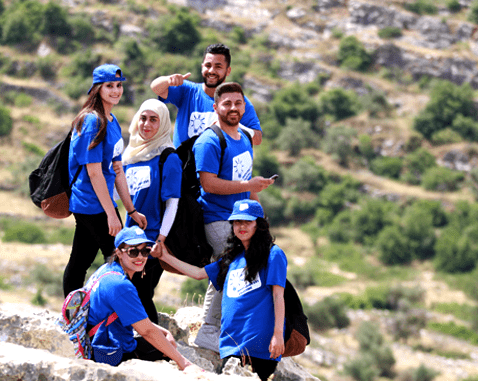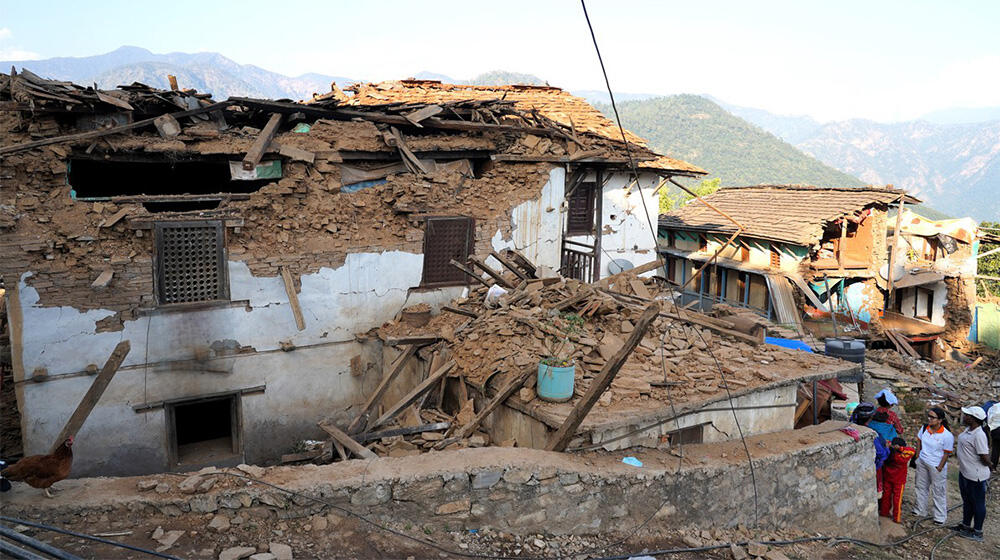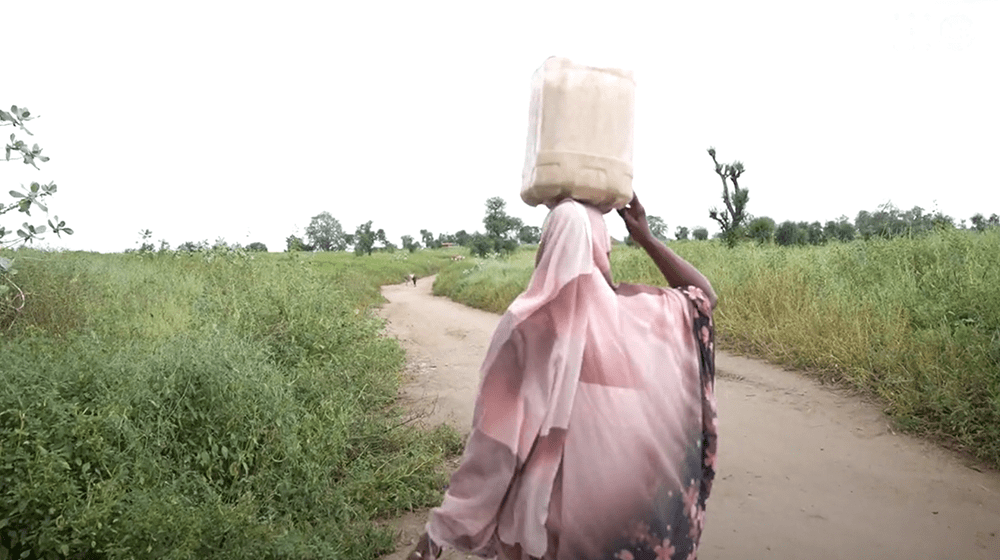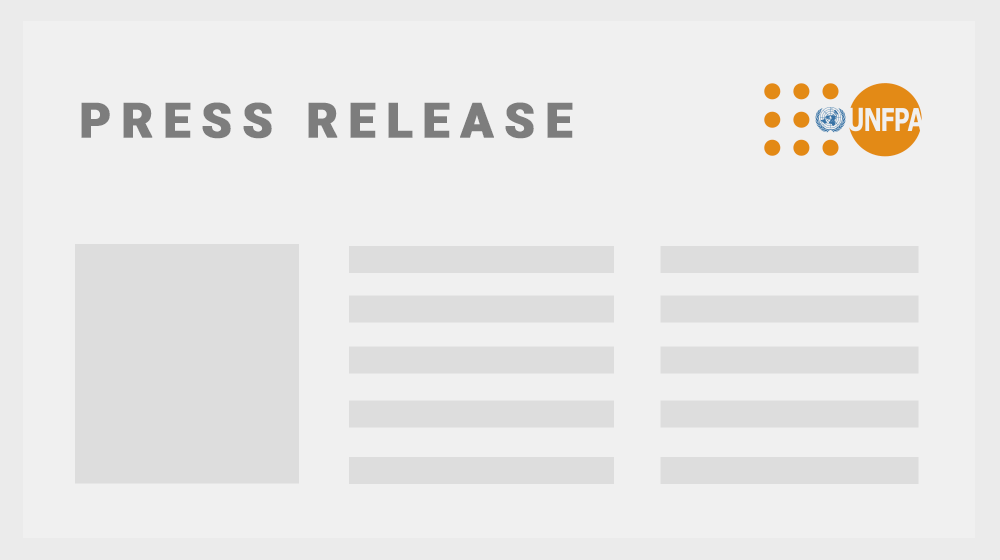The humanitarian situation in Palestine has rapidly deteriorated in 2020, in part due to the continuing spread of COVID-19. Recurrent shocks, both natural and manmade, have eroded the resilience of vulnerable households, while mobility restrictions and strict import policies create challenges for humanitarian actors to provide the necessary assistance. The protracted nature of the crisis in Palestine has exacerbated the risk of gender-based violence and negative coping strategies, including intimate partner violence, sexual violence and forced marriage. Insecurity and resource constraints have limited the availability and accessibility of critical health services, including maternal health and gender-based violence services. Across Gaza, the West Bank and Jerusalem, UNFPA is focused on improving access to sexual and reproductive health services, strengthening support mechanisms for GBV prevention and response, rehabilitation of damaged health facilities as well as emergency preparedness.
Emergencies related content
Humanitarian needs
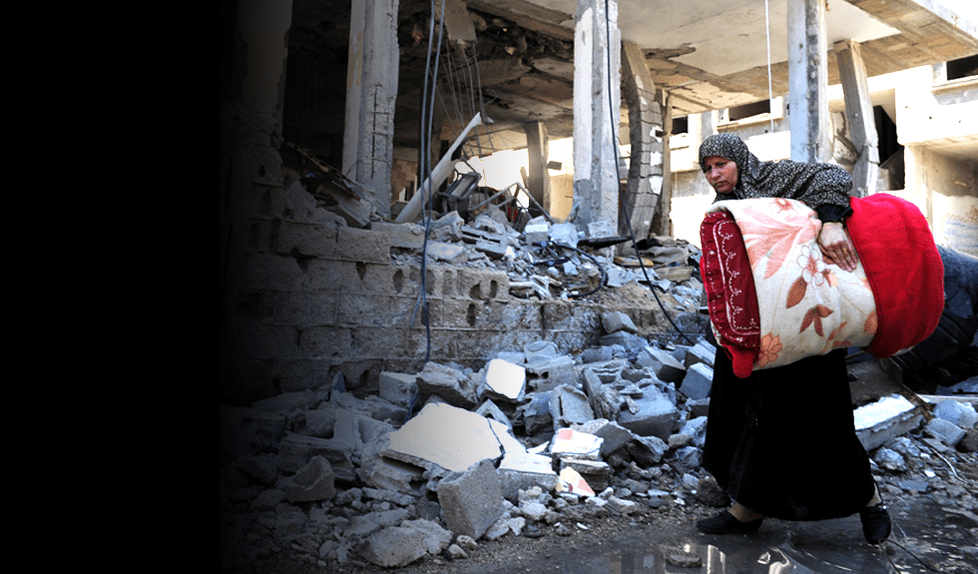
Last updated on - June 2024
Total people in need
Humanitarian funding
Resources in US$
Key humanitarian results 2023

People Targeted by UNFPA

People in need

Adolescents and youth (10-24) reached with SRH services

People reached with Family Planning Services in UNFPA-supported facilities

People reached with SRH information and awareness activities in person

People reached with Humanitarian Cash & Voucher Assistance (CVA) for GBV case management and/or other GBV response and GBV risk mitigation

People reached with GBV prevention, mitigation and response activities

People reached with SRH services

People reached with awareness-raising activities and GBV-lifesaving information in-person

Dignity kits and/or other Non-Food Items distributed

Safe Spaces for women and girls, supported by UNFPA

Youth Spaces supported by UNFPA

Health facilities supported by UNFPA

SRH mobile clinics supported by UNFPA and run by UNFPA Implementing Partners

Personnel trained on the Minimum Initial Service Package (MISP) for SRH

Non-specialised GBV humanitarian workers / frontline workers who were trained /oriented on GBV core concepts and guidelines
- Results data are reported and updated as they become available.
- -Targets and UNFPA's populations of concern, including women of reproductive age and pregnant women, are estimated using the MISP calculator.
- -Funding estimates are based on country planning processes, including inter-agency humanitarian response plans and regional refugee and resilience plans.
